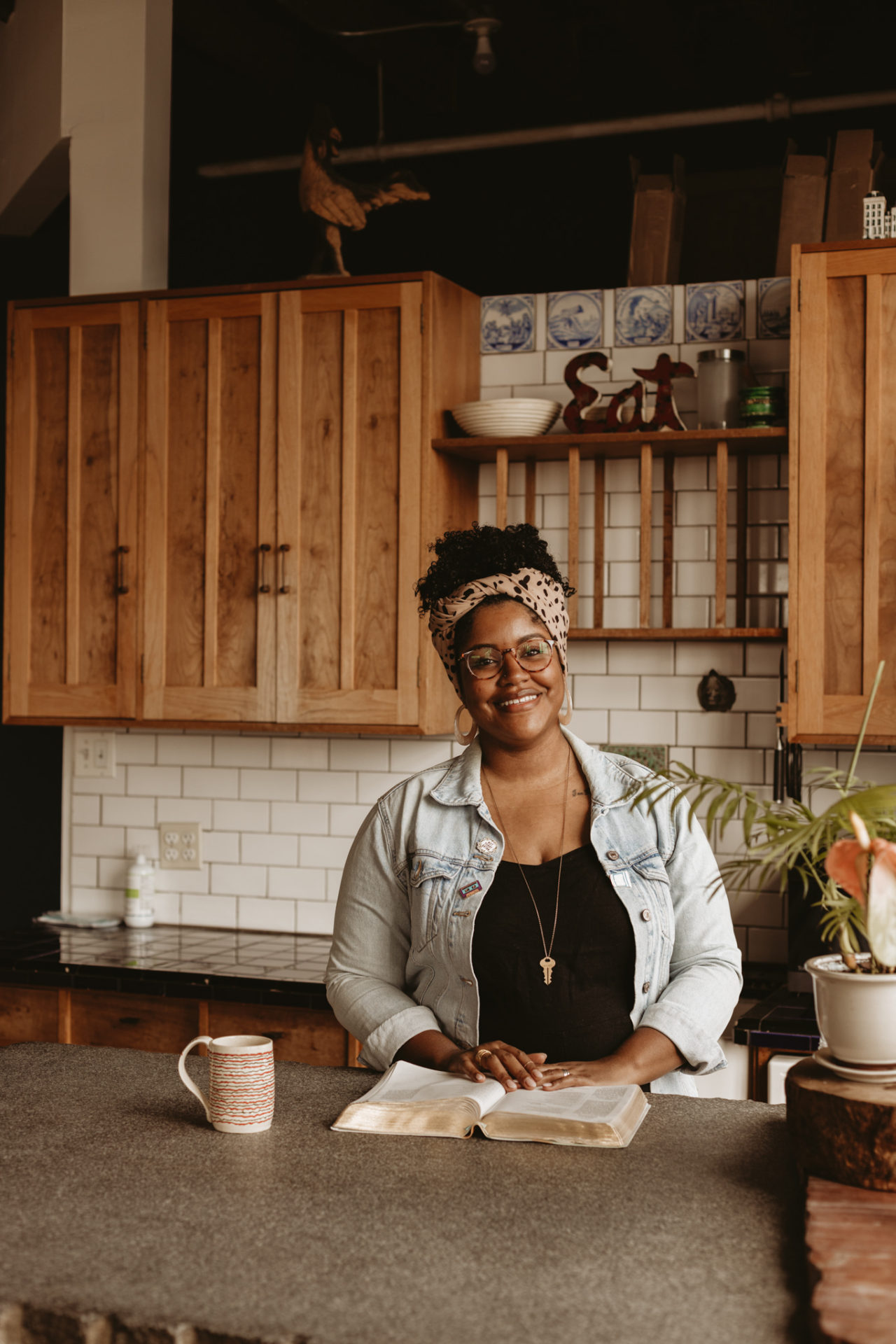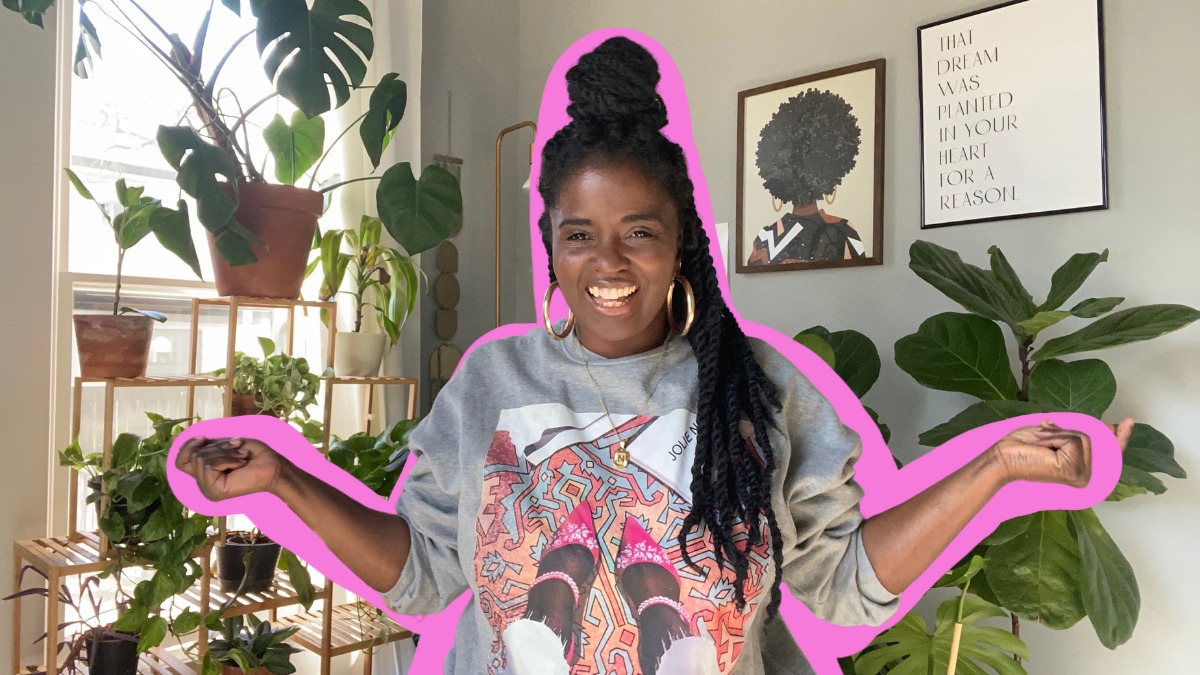The History of Interracial Marriage

Written by Kaylee Morgan
On this day, November 3, 2000, the state of Alabama repealed the 1901 state constitutional ban on interracial marriage. You read that right, the year, 2000!
Section 102 of the Alabama State Constitution says: “The legislature shall never pass any law to authorize or legalize any marriage between any white person and a Negro or descendant of a Negro.” With Alabama being the last state to have a clause such as this on their books, you can’t be surprised by the fact that there were still people who stood by the 1901 constitutional ban. The amendment to repeal the law was only approved by about 60% of the vote. Meaning that 25 of Alabama’s 67 counties voted against removing the ban on interracial marriages.
Prior to this vote in 2000, there was the famous case that addressed interracial marriages, a civil rights milestone, Loving v. Virginia. As of 1967, 16 states had still not repealed anti-miscegenation laws, laws that made it unlawful for African Americans and white people to marry or engage each other in intimate relationships. Mildred and Richard Loving were residents of one of those states, Virginia.


Richard, a white man, was in love with Mildred, a woman of African American and Native American descent.
They wished to get married so the two traveled to Washington D.C. where they could legally wed, but when they returned home, they were arrested because of the Virginia state law that prohibited interracial marriage.
Their case made it all the way to the Supreme court and on June 12, 1967, the Court had made their decision and deemed that the banning of interracial marriages was unconstitutional. “Under our Constitution,” wrote Chief Justice Earl Warren, “the freedom to marry, or not marry, a person of another race resides with the individual, and cannot be infringed by the State.” This removed the state’s rights to criminalize those involved in interracial marriages. However, it wasn’t until 33 years later, that Alabama removed its Constitutional ban on interracial marriage.
Loving v. Virginia wasn’t the only case on interracial marriages that made it to the Supreme Court, while it is the most famous:
- Pace v. State, 106 U.S. 583 (1883) – The Court here upheld an Alabama statute forbidding adultery or sexual relations between a white person and a black person. This imposed a greater penalty than the statute for the same conduct by people of the same race.
- Naim v. Naim, 197 Va. 80 (1955) – This case justified anti-miscegenation laws by stating that the purpose was to “preserve the racial integrity of its citizens,” and to prevent “the corruption of blood,” “a mongrel breed of citizens,” and “the obliteration of racial pride.” Id. at 90. Additionally, it focused on the Tenth Amendment, pointing out that marriage should be left to the states.
- McLaughlin v. Florida, 379 U.S. 184 (1964) – A United States Supreme Court case that ruled that a cohabitation law in Florida, part of its anti-miscegenation laws, was unconstitutional. The law prohibited cohabitation of persons of the opposite sex if they were unmarried and of different races. This overturned Pace v. Alabama, 106 U.S. 583, which declared similar statutes constitutional. It did not, however, overturn the part of the laws that prohibited interracial marriage.
Today, The Pew Research Center states that at least 19 percent of new marriages in the U.S. now involve spouses from different ethnic or racial groups – up from 11% in 2000.
And while the number of interracial marriages is rising, the General Social Survey found that there are still about 1 in 10 Americans that say they would oppose a close relative marrying someone of a different race or ethnicity. Proving that there is still work to be done in demolishing racism and bias in the United States.
To Learn More:
Read – Your Skin Is Dark and Perfect
Read – A Black Man’s White Wife in 2020
Watch – Couples Share the Happiness and Heartache of Interracial Marriage
Watch – Loving on Netflix
Read – How Anti-Racist Activism Affects Interracial Couples Like Us

Related Resources
Why Indigenous Peoples’ Day Matters & Ways to Honor This Day
While most kids were happy to celebrate Columbus Day because it meant a three-day weekend, I grew up in a home with a much more indignant perspective on this federal holiday. My Mexican American father had an affinity for Native American history and taught his...
What You Can Do About Social Injustice
Injustice can feel like such a massive undertaking to consider and address but, when we have the perspective that this issue is too big to deal with, we may end up not doing anything at all. There are ways to do small things that help when it comes to addressing and...
Supporting Black Business Month at Your Local Target
Everyone loves Target. Everyone knows the pure joy of stepping into Target and the challenge it is to leave with ONLY the items on your list. Well since August is Black Business Month, I thought it would be cool to walk you through how you can support Black...
